Search Results for: matter
Organic matter
Definition noun Any of the carbon-based compounds found in nature Supplement Organic matter pertains to any of the... Read More
Decomposer
Decomposer Definition The organisms that carry out the process of decay or breakdown of the dead organism are known as... Read More
Nervous tissue
Nervous Tissue Definition Nerve cells (or neurons) and their associated cells, such as neuroglia cells, make up nervous... Read More
Trophic level
In ecology, a trophic level pertains to a position in a food chain or ecological pyramid occupied by a group of organisms... Read More
Nervous System
THE is the most complicated and highly organized of the various systems which make up the human body. It is the... Read More
Abiogenesis
Definition noun plural: abiogeneses a·bi·o·gen·e·sis, eɪbaɪəʊˈdʒɛnəsɪs (1) The idea that primitive life... Read More
Recalcitrant
Several words of the English language find wide usage in subjects as diverse as literature, science, social science,... Read More
External capsule
Definition noun (anatomy) A thin, white sheet of whiter matter fibers in the brain between the putamen and... Read More
Central nervous system
Definition noun The part of the nervous system comprised of the brain, the brainstem, and the spinal cord Supplement In... Read More
Spontaneous generation
Definition noun plural: spontaneous generations The previously popular notion that living organisms arise or develop from... Read More
Organic compound
Organic Compound Definition An organic compound is a compound that, in general, contains carbon covalently bound to other... Read More
At Home in the Universe: The Search for the Laws of Self-Organization and Complexity
At Home in the Universe: The Search for the Laws of Self-Organization and Complexity ... Read More
Biogenesis
Biogenesis Definition Biogenesis refers to the idea or the process whereby a living thing comes from another living thing,... Read More
Unicellular
Unicellular organisms are organisms consisting of one cell only that performs all vital functions including metabolism,... Read More
White substance
white substance --> white matter (Science: anatomy) brain tissue composed of myelin-coated nerve cell fibres. White... Read More
Primary succession
Primary Succession Definition Primary succession is an ecological succession where a newly formed area is inhabited for the... Read More
Freshwater Community Energy Relationships – Producers & Consumers
The previous tutorial on producers and consumers noted the reliance that organisms have on one another to obtain energy to... Read More
Global Carbon Cycling on a Heterogeneous Seafloor
Carbon, nitrogen and oxygen are the fundamental elements of life on Earth. Global carbon varies in amount and its... Read More
Scared to Death
Scared to Death: Self-Willed Death, or the Bone-Pointing Syndrome by Patrick D Hahn Accepted on: September 4,... Read More
Law of biogenesis
Law Of Biogenesis Definition Law of Biogenesis states that life arises from pre-existing life, not from nonliving matter.... Read More
Saprophytic
Definition adjective (1) Of or relating to a saprophyte. (2) Feeding, absorbing or growing upon decaying organic matter... Read More
Detritivore
Definition noun, plural: detritivores An organism that feeds on detritus or organic waste Supplement A detritivore pertains... Read More



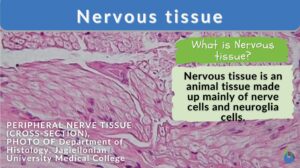

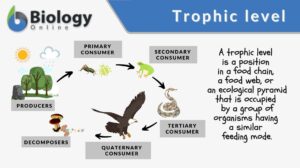
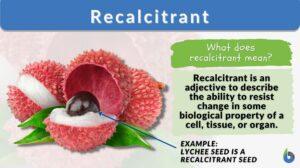

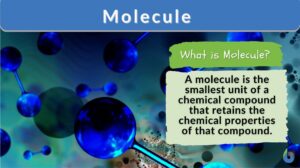
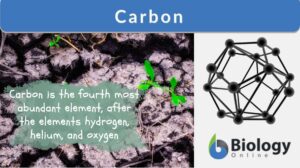
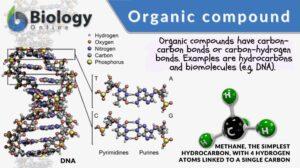

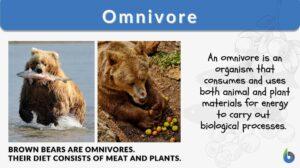
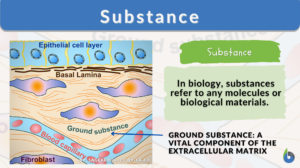

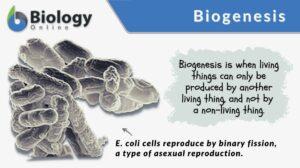

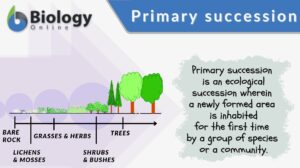

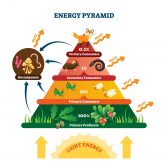
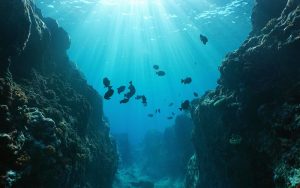



![Biology n., [baɪˈɑlədʒi] Definition: scientific study of life](https://www.biologyonline.com/wp-content/uploads/2021/12/biology-definition-and-branches-of-biology-300x168.jpg)
